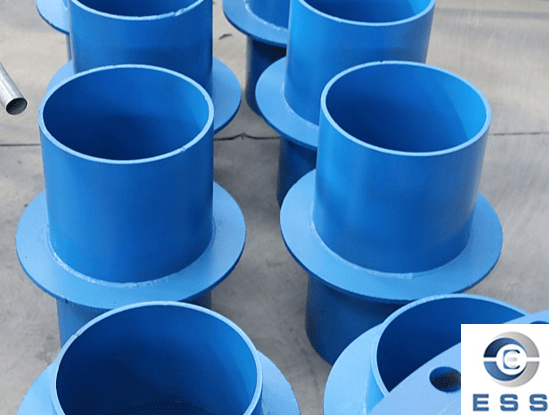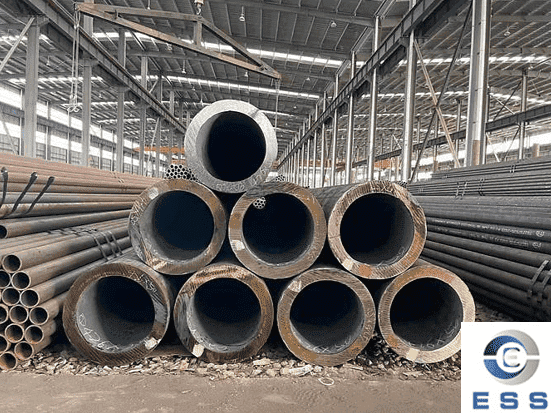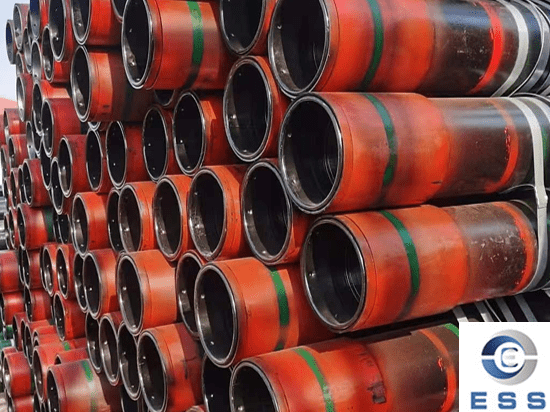What is the difference between black steel pipe and carbon steel pipe?
Black steel pipe is made of steel that has not been coated with a base material such as zinc or paint. Because of its dark surface, which is formed by iron oxide during the manufacturing process, it is called black steel pipe.
What is the use of black steel pipe?
Black steel pipe is versatile because of its strength and requires little maintenance. They are often used to deliver natural gas and water to rural and urban areas, or to protect power lines and carry pipelines for high-pressure steam and air. In addition, black steel pipes are also used in the oil and petroleum industry for the transportation of large quantities of oil through remote areas. Other uses of black steel pipe include gas distribution inside and outside the home, water wells and sewage systems. However, black steel pipes were never used to carry drinking water because they corrode easily in the water, and minerals in the pipes would dissolve into the water and clog the pipes.
From the composition point of view: black steel pipe and carbon steel pipe
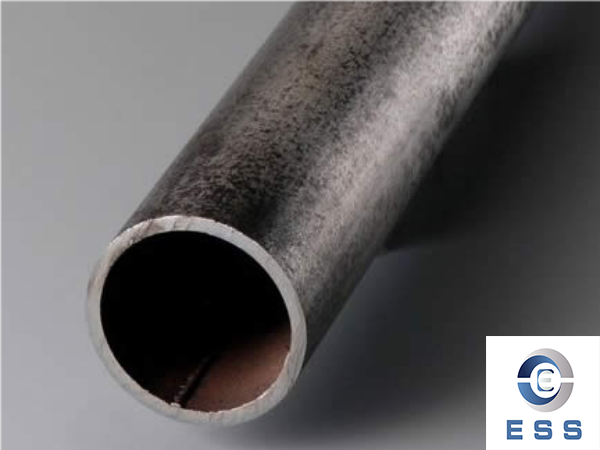
Characteristics of carbon steel pipe
The carbon content in steel determines its properties. Steel is considered to be carbon steel when no minimum content of chromium, cobalt, niobium, molybdenum, nickel, titanium, tungsten, vanadium or zirconium or any other element added to obtain the desired alloying effect is specified or required; when specified When the minimum copper content does not exceed 0.4%; or when the maximum content of any of the following elements does not exceed the specified percentage: manganese 1.65%, silicon 0.6%, copper 0.6%. The majority of steel produced globally is carbon steel.
(1) According to the end use, it can be divided into carbon structural steel, carbon tool steel and free cutting steel; carbon structural steel is divided into engineering construction structural steel and machinery manufacturing steel;
(2) According to the smelting method, it can be divided into open-hearth steel and converter steel;
(3) According to the deoxidation method, it is divided into boiling steel (F), killed steel (Z), semi-killed steel (b), and special killed steel (TZ);
(4) According to the carbon content, it is divided into ultra-high carbon steel (1.00-2.00%); high-carbon steel (0.60-0.99%); medium-carbon steel (0.30-0.59%); low-carbon steel (0.16-0.29%); Low carbon steel (0.05 – 0.15%);
(5) According to the quality of steel, it can be divided into ordinary carbon steel (higher phosphorus and sulfur), high-quality carbon steel (lower phosphorus and sulfur), high-quality steel (lower phosphorus and sulfur) and super high-quality steel.
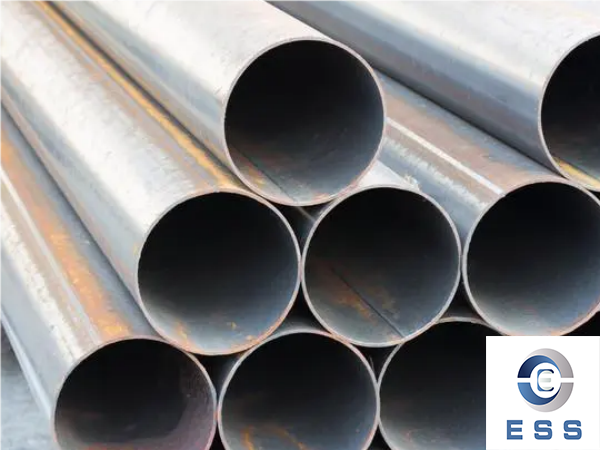
Application of carbon steel pipe
Carbon steel pipe is the earliest and most used basic material in modern industry. While trying to increase the output of high-strength low-alloy steel and alloy steel, various industrial countries in the world also pay great attention to improving the quality of carbon steel pipes and expanding the variety and scope of use. The output of carbon steel pipe accounts for about 80% of the total output of steel products in the country. It is not only widely used in construction, bridges, railways, vehicles, ships and various machinery manufacturing industries, but also used in modern petrochemical industry, marine development etc. have also been widely used.
How is black steel pipe different from carbon steel pipe?
In general, the welding procedures for black steel pipes and carbon steel pipes are almost the same. This is the case for welding in general, but not for some specific applications, such as very cold temperatures. Black steel pipe is not really a specification, but a general term used primarily by plumbers to differentiate between regular steel pipe and galvanized steel pipe.
Black steel pipe is cast from various grades of ductile or malleable iron, while carbon steel pipe is usually welded or seamless. Black steel pipe is used for underground or submerged applications and for acid mains and branches. Cast iron piping and fittings are also commonly used on municipal cold water pipes 4 inches in diameter and larger. Commercial die casting is not suitable for pipelines subject to expansion strain, contraction and vibration unless the pipeline is very heavy. It is not suitable for use with superheated steam or temperatures above 575 degrees Fahrenheit. Cast iron pipe in underground applications, such as sewer lines, typically has bell ends, while exposed pipe typically has flanged ends.













 Eastern Steel Manufacturing Co.,Ltd not only improve product production and sales services, but also provide additional value-added services. As long as you need, we can complete your specific needs together.
Eastern Steel Manufacturing Co.,Ltd not only improve product production and sales services, but also provide additional value-added services. As long as you need, we can complete your specific needs together.








